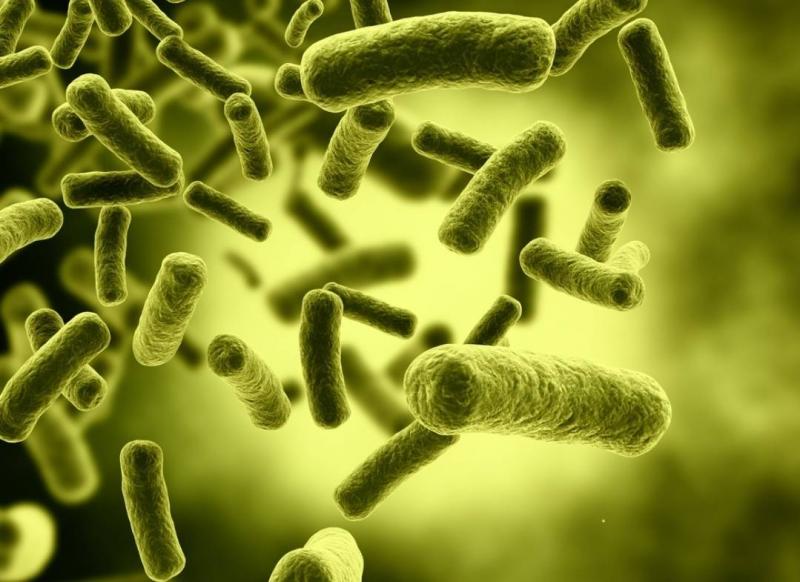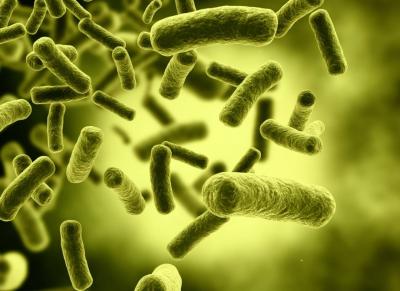The bacterium Clostridium botulinum produces the most potent toxin in the world, botulinum toxin, which can cause paralysis, breathing difficulties, and death upon exposure, a condition known as food poisoning.
This toxin can also help soften skin wrinkles when used in low concentrations; however, its nature remains strange to scientists. There is an approved treatment for food poisoning, but it is generally not ideal. Two different teams of scientists have developed a new method to treat food poisoning, which can more effectively eliminate dangerous toxins from cells and tissues, relying on a modified version of the toxin itself. Botulinum toxin is extremely lethal due to its ability to enter nerve cells and prevent the release of a vital neurotransmitter called acetylcholine. The most common way to contract food poisoning is by eating improperly stored food that allows the bacteria to thrive. While relatively few people experience food poisoning in the United States at a rate of 200 cases annually, it is more common in the developing world, where early symptoms are often misdiagnosed. Scientists now suggest the potential use of Clostridium botulinum bacteria as a biological weapon.
Current treatments can remove food poisoning toxins from the bloodstream, but cannot address toxins that have already infiltrated cells and nerve cells. This was the focus of studies conducted by scientists at Boston Children’s Hospital and the National Institute of Mental Health in the Czech Republic. Both studies employed similar methods to link antibodies to modified botulinum bacteria particles and primarily used them as a delivery mechanism for the antibodies. In the immune system, antibodies are produced to help the body distinguish between "self" cells and "foreign" cells and substances. If an antibody binds to something foreign, it marks it for removal by the immune system. Some antibodies can even neutralize other molecules and proteins simply by binding to them to impede their functions. The team designed antibodies that can neutralize botulinum bacteria and attach them to modified toxin versions that do not cause disease but can still easily enter nerve cells.
During the study, the teams tested their treatments in various animal models, including mice and macaques. They reported that animals receiving the treatment survived exposure to dangerous levels of botulinum toxin compared to those that received a placebo. Additionally, botulinum bacteria associated with the antibodies did not contribute to any additional toxic effects, despite high concentrations of botulinum toxin potentially causing paralysis. Furthermore, since most human food poisoning cases involve a reservoir of toxins in the intestines, the standard treatment is likely to remain necessary. However, adding antibodies associated with food poisoning could help pull seriously ill patients back from the brink by neutralizing toxins already present in their cells. According to the scientists, this work is still preliminary, and it may take several years of further work before the U.S. Food and Drug Administration permits its use in humans.




